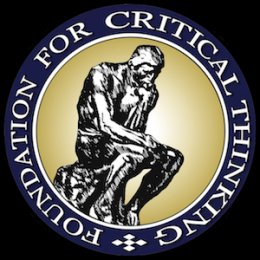Announcing the Return of the
Foundation for Critical Thinking Press
The Foundation for Critical Thinking has reopened its publishing house at FCTPress.Org. Several publications are available now, including the award-winning Critical Thinking Therapy: For Happiness and Self-Actualization, with more to come.
The FCT Press also offers self-publishing services for authors.
